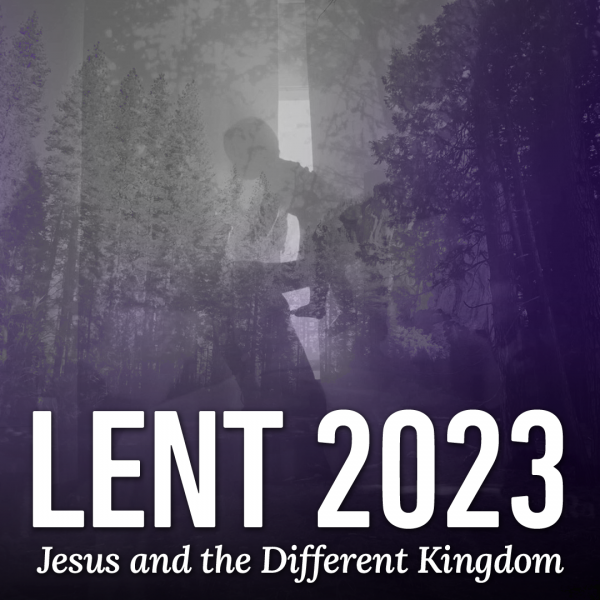Wednesday, March 29 - Jesus is the Difference Between Life and Death

If anything really dies in this story, it is four things: the fantasy that faith in Jesus means we are exempt from being mortal; that in sickness in death we are abandoned by God; that death and resurrection are in perennial completion as equals; and that death means there is an absence of resources for God to work with. The transferrable vitality of this story to us is that God does God's best work with sick, despairing, and dying things! We may not be Lazarus, but Jesus still makes all the difference between life and death. ~Bishop Wright
They all go on foot from the top of the Mount of Olives, all the people going before him with hymns and antiphons, answering one to another: Blessed is He that cometh in the name of the Lord. And all the children in the neighbourhood, even those who are too young to walk, are carried by their parents on their shoulders, all of them bearing branches . . . These are the memories of Egeria, a Christian woman who visited Jerusalem in the 380s. She wrote letters to people she called her sisters – maybe nuns or simply her Christian friends back home. Her letters describe events in Jerusalem during the months she visited.
These are the memories of Egeria, a Christian woman who visited Jerusalem in the 380s. She wrote letters to people she called her sisters – maybe nuns or simply her Christian friends back home. Her letters describe events in Jerusalem during the months she visited.
She wrote with great detail about the days before Easter. The people celebrated Palm Sunday, as described above. They met for special prayers on Monday, Tuesday, and Wednesday. After two masses on Thursday, they prayed at the Mount of Olives and sang hymns as they walked in procession to Gethsemane. She wrote, "Then the passage of the Gospel is read where the Lord was taken. And when this passage has been read there is so great a moaning and groaning of all the people, together with weeping, that their lamentation may be heard perhaps as far as the city."
The procession then moved to Jerusalem and ended early Friday morning before the Cross. They read the gospel lesson about Jesus before Pontius Pilate and returned home to rest and pray. From noon to 3 pm they returned to behold a remnant of the wood of the cross. Egeria remembered, "The emotion shown and the mourning by all the people at every lesson and prayer is wonderful; for there is none, either great or small, who, on that day during those three hours, does not lament more than can be conceived, that the Lord had suffered those things for us."
After the Good Friday service, those who were strong enough remained in vigil until Saturday. On Saturday evening, they gathered for the Vigil of Easter and for Baptisms. Easter Sunday began the "Octave of Easter," eight days of celebration of the Lord's resurrection.
Egeria’s memories helped set the pattern for our observance of Holy Week today. They remind us that Holy Week is not an ordinary week. Holy Week is when our Lord loved us even to death.
Please plan now to take part in as many of our Holy Week observances as you can, that you may celebrate with even greater joy on Easter.
Blessings,
Grace